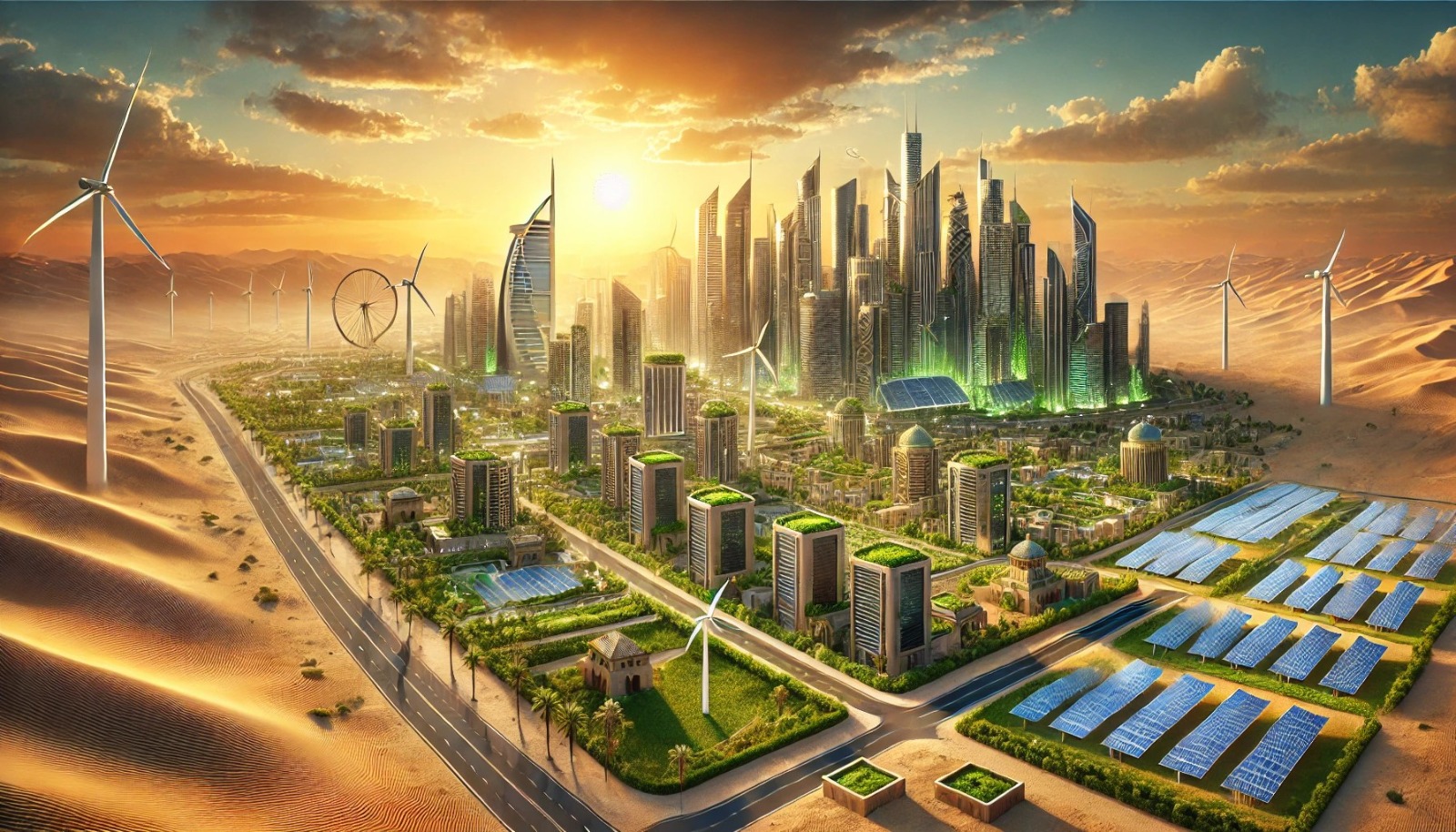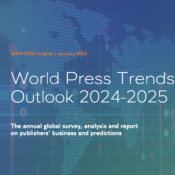
Green Revolution in the Middle East: Branding for a Sustainable Future
In recent years, sustainability has become a driving force in shaping global business strategies. The Middle East, often associated with its vast oil reserves, is undergoing a transformative shift as brands across the region embrace eco-friendly practices. This evolution is not merely about regulatory compliance but reflects a deeper commitment to responsible business and environmental stewardship. Here’s a closer look at how Middle Eastern brands are going green and what it means for their branding.
The Push for Sustainability in the Middle East
The Middle East is uniquely positioned in the global sustainability dialogue. Countries like the UAE and Saudi Arabia have launched ambitious initiatives to diversify their economies and reduce reliance on fossil fuels. The UAE’s Net Zero by 2050 strategy and Saudi Arabia’s Vision 2030 are key examples of these efforts, emphasizing renewable energy, waste reduction, and sustainable development.
These national goals influence the private sector, compelling companies to adopt sustainable practices. Brands recognize that aligning with these initiatives not only benefits the planet but also resonates with an increasingly eco-conscious demographic of consumers. To learn more about sustainable branding strategies, visit our article on Eco-Friendly Practices for Brand Success.
Leading by Example: A Green Revolution in the Middle East
Majid Al Futtaim
The UAE-based retail and leisure conglomerate has committed to becoming net positive in water consumption and carbon emissions by 2040. Their shopping malls, like Mall of the Emirates, are incorporating energy-efficient technologies, and they’ve banned single-use plastic bags in Carrefour stores. Discover more about Sustainability in Retail.
Bee’ah
Headquartered in Sharjah, Bee’ah is a waste management and environmental services company leading the region’s recycling efforts. Their innovative waste-to-energy initiatives and solar-powered headquarters showcase sustainability in action.
NEOM
Saudi Arabia’s futuristic megacity project, NEOM, is designed with sustainability at its core. Powered entirely by renewable energy, it aims to redefine urban living while preserving natural ecosystems.
Careem
The ride-hailing company, now a subsidiary of Uber, has launched several green initiatives, including bike-sharing services and the introduction of electric and hybrid vehicles into its fleet.
Why Sustainability is Good for Branding
Sustainability has evolved from being a corporate responsibility to a strategic necessity. Here’s why adopting green practices benefits brands:
- Consumer Trust: Millennials and Gen Z prioritize ethical consumption, and brands that demonstrate genuine environmental responsibility build trust and loyalty.
- Global Competitiveness: Sustainable practices help Middle Eastern brands compete internationally as global markets tighten environmental standards.
- Investor Appeal: ESG (Environmental, Social, and Governance) metrics are increasingly linked to financial performance and attract investors.
- Brand Differentiation: Being a green pioneer helps brands stand out in a competitive market, appealing to eco-conscious audiences.
Challenges on the Road to Green Branding
While progress is commendable, significant challenges remain:
- Cost of Transition: Implementing green technologies and practices can be expensive, especially for small and medium enterprises (SMEs).
- Cultural Shifts: Encouraging sustainable habits among consumers and employees requires time and education.
- Infrastructure Gaps: Recycling and renewable energy infrastructure are still developing in parts of the region.
The Future of Sustainability and Branding in the Middle East
The future of branding in the Middle East is intrinsically tied to sustainability. Local startups like The Giving Movement, a UAE-based fashion brand producing sustainable clothing, are driving change alongside larger enterprises. Governments are fostering these efforts with incentives for green initiatives, public-private partnerships, and global forums like COP28 in the UAE.
The integration of circular economy principles and the rise of sustainability-driven technology further strengthen the region’s potential to set global standards in green branding.
What the Arab Communications Bureau Can Do for You
The Arab Communications Bureau (ACB) is a leading communications agency, dedicated to helping companies across the UAE and the Middle East showcase their sustainability efforts. As brands increasingly align with initiatives like “Net Zero by 2050” and “Vision 2030,” ACB provides tailored solutions to position businesses as leaders in environmental and social responsibility.
How We Help Brands Lead the Green Revolution
- Strategic Content Creation: Crafting compelling narratives that highlight your sustainability milestones and goals.
- Media Placement and Outreach: Ensuring your green initiatives gain visibility through top-tier media channels.
- ESG Reporting and Campaigns: Creating comprehensive reports and campaigns that resonate with stakeholders.
- Thought Leadership Development: Positioning your brand as a thought leader in sustainability across the region.
Our proven track record includes collaborating with leading organizations to launch impactful campaigns, build credibility, and strengthen their brand reputation.
By partnering with the Arab Communications Bureau, you can amplify your sustainability message, connect with eco-conscious audiences, and gain a competitive edge in the market. Let us help you lead the way in building a sustainable future.
Conclusion
Sustainability is no longer just a buzzword—it’s a vital element of branding in the Middle East. By aligning with environmental goals, brands not only contribute to a greener planet but also secure their relevance in a rapidly changing world. With the right strategies and partnerships, Middle Eastern brands have the potential to set global standards in green branding, proving that economic growth and environmental responsibility can go hand in hand.




